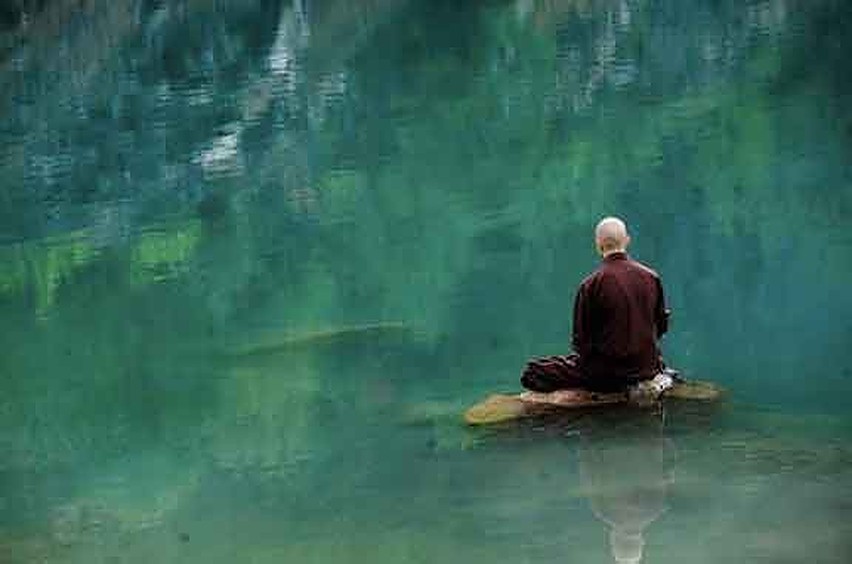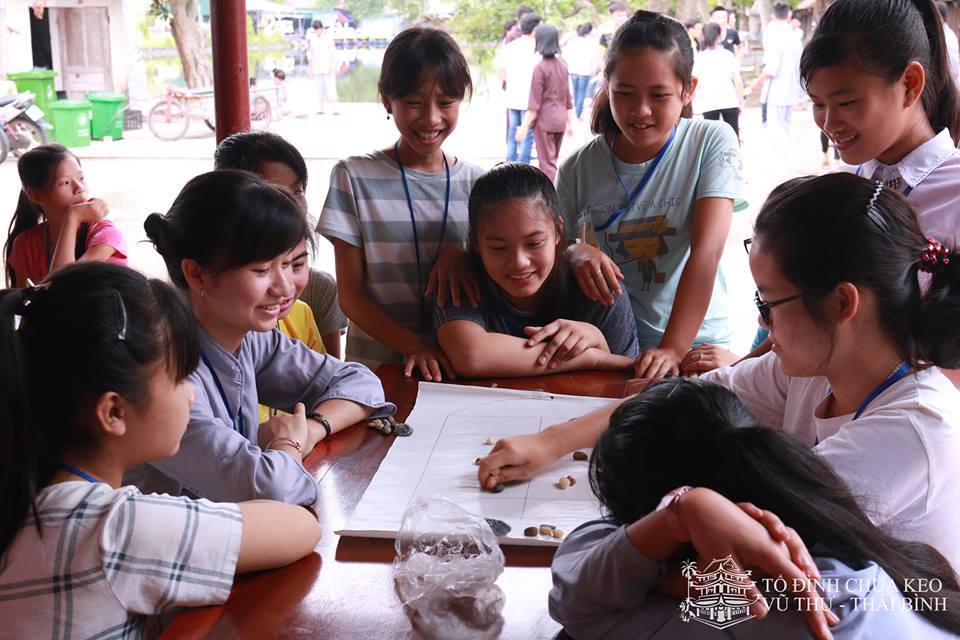The Solemn Grand Ullambana (Vu Lan) Ceremony, Buddhist Calendar 2566 – Gregorian Calendar 2022, at Keo Pagoda
By Tâm Hoa - 15/08/2022
On the morning of August 14, 2022 (the 17th day of the 7th lunar month, Year of the Tiger), Keo Pagoda in Thai Binh held the Grand Ullambana (Vu Lan) Ceremony Buddhist Calendar 2566 – Gregorian Calendar 2022 with the participation of a large number of local Buddhist.
The Ullambana ceremony is one of the most important festivals in Buddhism, a beautiful tradition in Vietnamese culture celebrated in the 7th lunar month each year. It is an occasion for children to remember and honor the nurturing and upbringing of their parents.
The ceremony was honored with the presence of Venerable Thich Don Hau, along with many esteemed monks and nuns from within and outside the district. Especially notable was the attendance of hundreds of Buddhists from Thai Binh province and beyond.
After the ritual of chanting Buddha's name for blessings and the moment of remembrance of the four great debts of gratitude, on behalf of the Organizing Committee of the Great Ceremony, Venerable Thich Thanh Quang – Abbot of Keo Pagoda in Thai Binh, head of the Organizing Committee, delivered the opening speech for the “Grand Ullambana (Vu Lan) Ceremony Buddhist Calendar 2566 – Gregorian Calendar 2022”. In his opening speech, Venerable Thich Thanh Quang emphasized, “The Ullambana season – the season of filial piety – is also an occasion for children to express their filial devotion and gratitude to their ancestors, grandparents, and parents through practical activities, doing good deeds to bring blessings to their living parents, wishing them longevity and prosperity, and to their deceased parents, wishing them a peaceful rebirth in the good realms.”
The program continued with the ritual of offering robes and the ritual of pinning roses, accompanied by the heartfelt reflections of Buddhist Đàm Thu Thủy. Her simple but sincere words moved the participating Buddhist followers to tears, reminding them of the nurturing and upbringing by their parents.
Yellow roses, symbolizing liberation and renunciation, were pinned on the robes of the monks, who had abandoned worldly pleasures, left their families, and stepped into the house of the Thusness( Thus-come), living a monastic life dedicated to serving Buddhism, the nation, and all beings.
Those fortunate enough to still have their parents would have a red rose pinned on their chest. Those wearing a white rose were reminded that they had lost their parents, the most precious ones in their life, encouraging them to take practical actions to repay their deep gratitude to their parents. However, whether one wears a red rose or a white rose on their chest, parents are always accompanied with us.
!["[KTMH] Trailer | WHAT TO DO TO MAKE SUMMER HOLIDAYS MORE MEANINGFUL?"](https://i3.ytimg.com/vi/s0VUGa1v6uw/maxresdefault.jpg)


.jpg)
